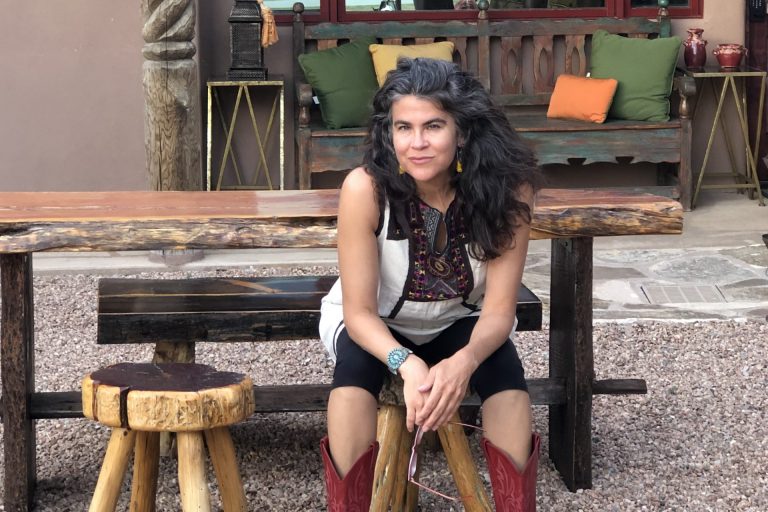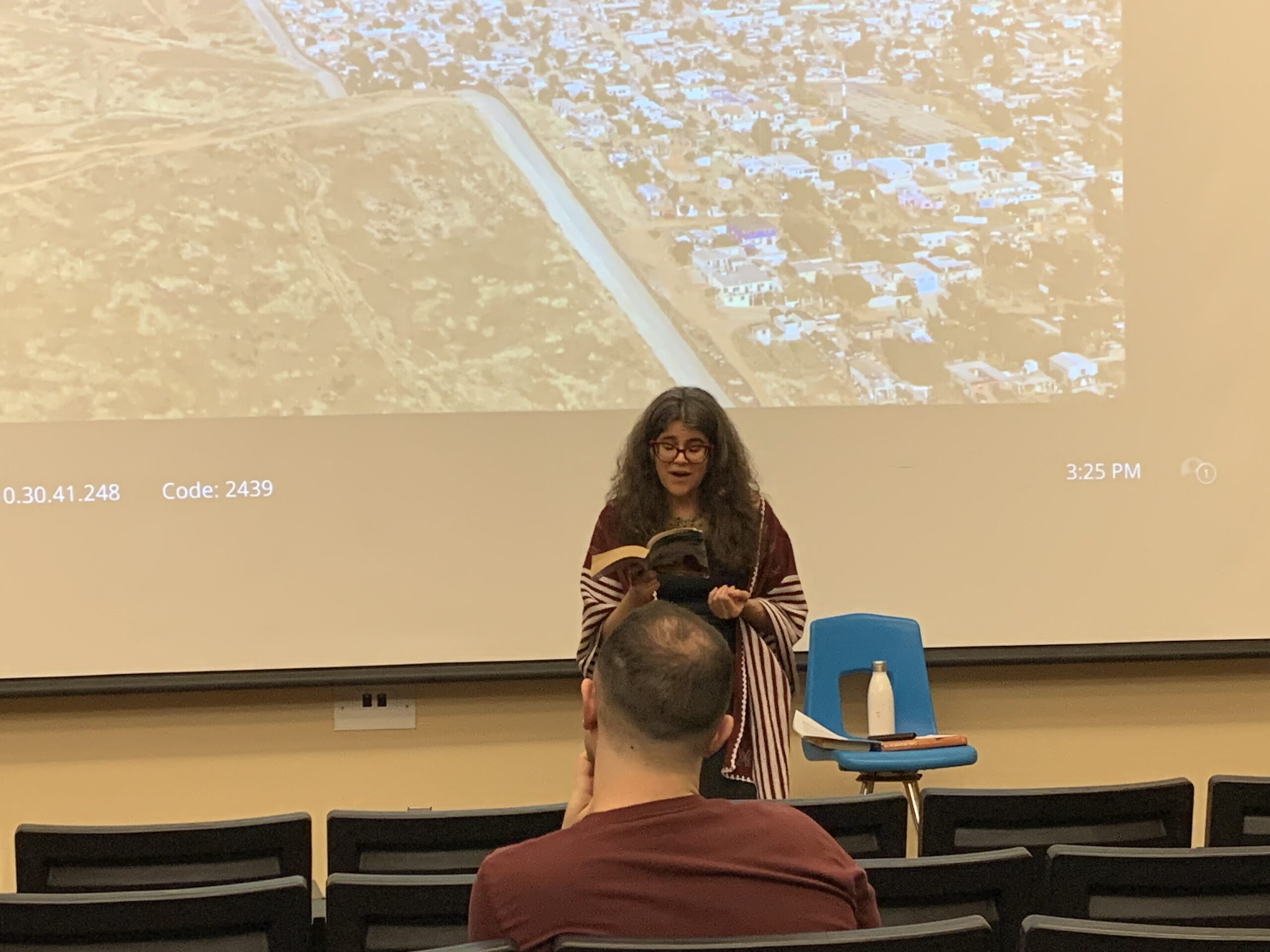Originally published for The Western Carolina Journalist
Stephanie Elizondo Griest came to WCU’s campus to share with students her life’s story and the motto that has inspired her work. The motto, which she calls her trifecta, involves a life of wanderlust, social Justice, and art. Her life has consisted of traveling and coming to terms with her ever-changing cultural identity and using her writing as her own form of political protest.
Griest is an award-winning writer and associate professor of nonfiction at Chapel Hill. She visited WCU for the discussion hosted by the Latinx minor and the English department. The event took place in the Bardo Arts Center. She is the second Latinx guest speaker of the semester.
Her story was one of constant questioning and accepting her culture for what it was, an ever-evolving identity that shifts as she gains life experiences. The cornerstone of her discussion was what she called “The trifecta: pursuing a life of wanderlust, social justice, and art.”

As a student in high school, Griest sought the fastest ticket out of her hometown in South Texas. She found that ticket in the form of a journalism convention and one influential speaker, Charles Bierbrauer, a foreign correspondent at CNN.
She asked him one question which would set her on a path that forever changed her future: “I want to be you, what can I do?”
Bierbrauer replied, simply, “learn Russian.” In reflection, Greist admitted that learning Russian, which she pursued until fluency, was strange considering her heritage. She never formally learned Spanish even though all her ancestors and grandparents spoke Spanish.
Once she graduated from the University of Texas at Austin in 1997 with degrees in journalism and post-Soviet studies, she traveled to Russia and began her first book “Around the Bloc”. “What I really love about traveling is I feel so grateful that I was kept so safe and traveled to so many places. It gave me the orientation that people are really beautiful. I try to hold that very dear in counter to what we see in the news,” Griest said after her speech.
Though she experienced many memorable things while living in Moscow, all detailed in her book, soon she found her experience lacking. “I realized I needed to justify my presence in Moscow,” Griest said. Her writing process grew from her need for justification. Every night, she would reflect on all she had experienced throughout the day.
She continued to use this tactic as she wrote and traveled throughout Asia. She spent a year in Beijing as a foreign expert or as she fondly called it, a “propaganda polisher”. Through that job, she began to notice a common thread throughout the people she had interacted with on her travels. “Something I found was a loss of culture,” Griest said, “I started realizing so many people had made all these sacrifices and abandoned their culture, and I realized I had too.”
She travelled back home to South Texas and began to study her own roots. She found that she had taken her Mexican roots for granted in the past, accepting opportunities related to her ethnicity, while others were being ostracized and targeted for being Mexican. “They are too Mexican, and I am just enough,” she said. Using that concept, she began her second book based on an entirely new question, “What happens when an international borderline slices your ancestral lands in two?”
“Writing these books was profound. I loved what I was doing. But I wonder, is art enough,” she asked.

In 2017, Griest was diagnosed with Ovarian cancer. After this, she began to wonder if it was enough for her to use her books as political activism or if she needed to do more. “Is it enough to write about the situation?”
“Writing is a political act. My goal with writing has shifted over the years. I wanted to write and tell the stories, and now I feel passionate about empowering other people to tell their stories.”
Faith in her trifecta kept Griest strong and, in time, her cancer went into remission. “My trifecta of wanderlust, social justice, and art revived me at a cellular level,” said Griest.
She closed her speech by giving advice to all the students who attended. “In college I had no idea that I could do, what I’ve done, but I just pretended as if I could, and then I did,” said Griest, implying you can’t know what you are capable of until you go out and do it.






